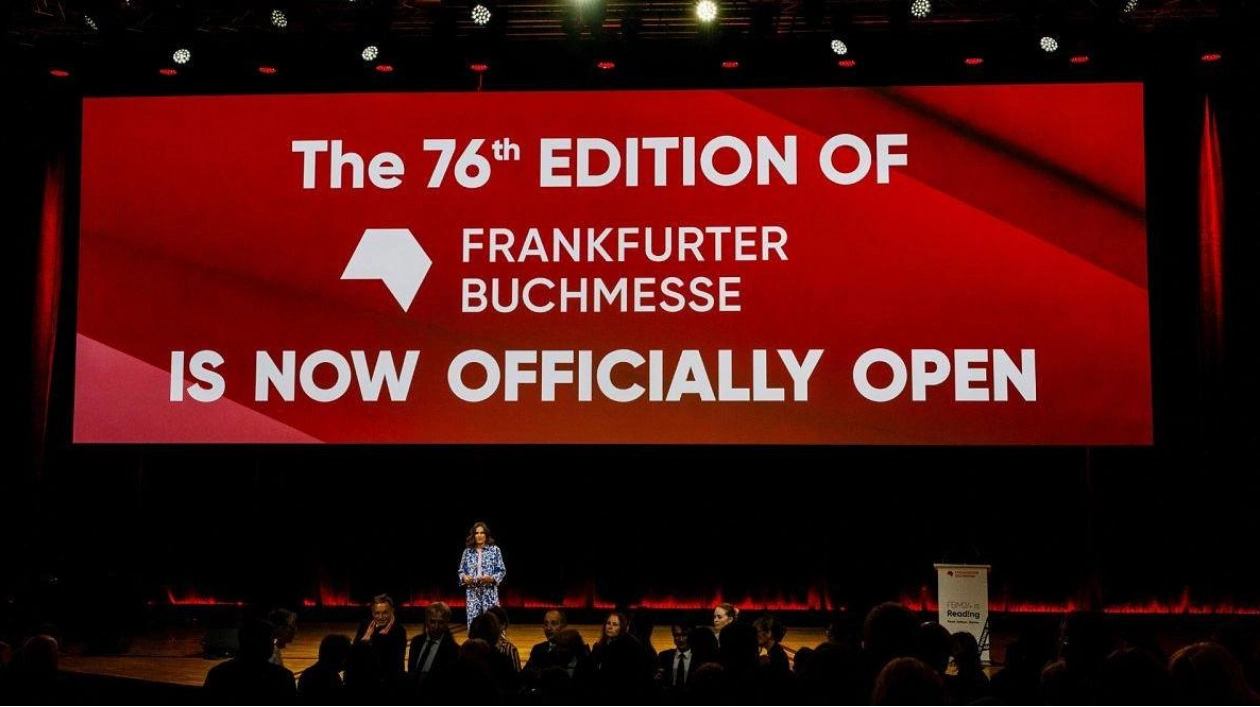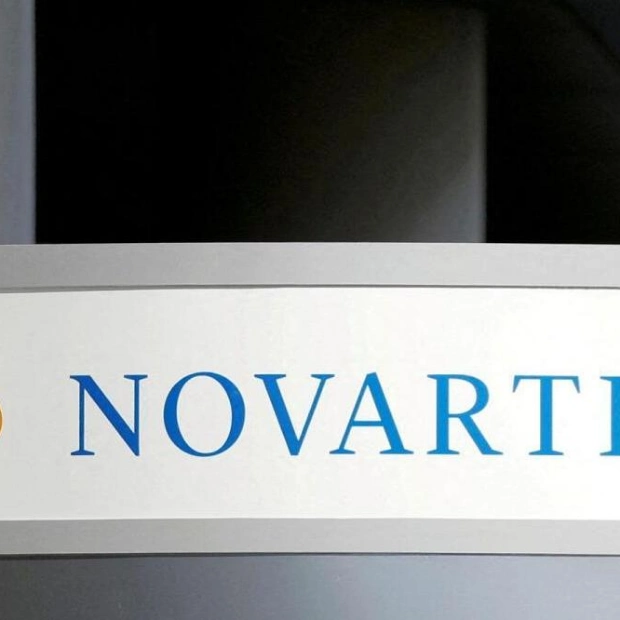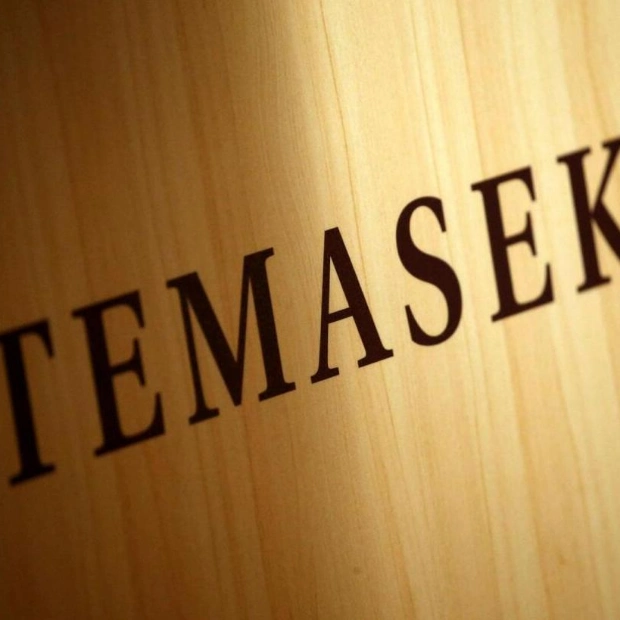Martina Hefter has clinched this year’s German Book Prize, one of the most esteemed awards in German-language literature, for her novel “Hey guten Morgen, wie geht es dir?” (“Hey, good morning, how are you?”). The announcement coincides with the commencement of the Frankfurt Book Fair, the world’s largest book trade event.
“Hey guten Morgen, wie geht es dir?” narrates the tale of a middle-aged woman who, burdened with the care of her chronically ill husband, finds solace in the peculiar realm of online love scams as a willing participant. Hefter has already been honored with the Grand Prize of the German Literature Fund and the Literature Prize of the State Capital Wiesbaden this year for the same novel. This marks her fourth novel, following a 16-year hiatus since her last prose work, “Die Küsten der Berge” (“The Coasts of the Mountain”) in 2008. During this period, Hefter has published several poetry anthologies.
The German Book Prize jury praised the novel, stating, “Navigating between melancholy and euphoria, and reflecting on trust and deception, the novel masterfully blends the harsh realities of daily life with mythological figures and cosmic dimensions.” They further noted, “Martina Hefter’s intelligently crafted novel exerts a unique appeal.” As the recipient of the German Book Prize, Hefter will receive €25,000, while the five shortlisted authors—Maren Kames, Clemens Meyer, Ronya Othmann, Markus Thielemann, and Iris Wolff—will each be awarded €2,500.
The announcement of Germany’s most prestigious book award aligns with the opening of the world’s largest book fair in Frankfurt. The fair, running from October 16-20, dedicates its first three days to industry professionals, with the general public admitted over the weekend. Last year’s event attracted over 200,000 visitors from 130 countries, with more than 110,000 being from the general public. Salman Rushdie was honored with the Peace Prize during the 2023 event.
The Frankfurt Book Fair, the world’s largest and one of the oldest, has a history that spans over 500 years, predating the advent of printed books. Initially, it was a modest fair for selling handwritten books, evolving into a more formal event following Johannes Gutenberg’s invention of the printing press in the 15th century. Re-established after World War II in 1949, this year marks the 76th edition of the fair in its current form. The fair’s theme this year is ‘FBM24 is Read!ng – Read. Reflect. Relate’, with Italy as the national guest of honor for the first time since 1988. The Italian committee has selected physicist and author Carlo Rovelli, writer Susanna Tamaro, and philosopher Stefano Zecchi as literary keynote speakers.
With over 90 authors attending, highlights of this year’s program include a discussion between “Sapiens” author Yuval Noah Harari and philosopher Kohei Saito on the topic “Is a system reboot the only way to have a future worth living?” Other notable authors present include Roberto Saviano, Mai Thi Nguyen-Kim, Eva Menasse, and Omri Boehm.
Last year’s fair was marred by controversy when the LitProm LiBeraturpreis award ceremony for Palestinian author Adania Shibli was abruptly canceled. Shibli’s novel “Minor Detail”, published in 2020, recounts the true story of a 1949 rape and murder of a young Palestinian girl by Israeli soldiers. The cancellation by LitProm was met with criticism from many authors, including Nobel Prize winners Abdulrazak Gurnah, Annie Ernaux, and Olga Tokarczuk, who signed an open letter against the decision. LitProm later issued a formal apology to Adania Shibli, stating that the escalating conflict between Israel and Hamas led them to believe that postponing the ceremony to a less politically charged atmosphere was prudent to avoid potential disturbances or attacks on Shibli.
In response to the backlash, LitProm has decided to suspend the award for this year’s fair.






